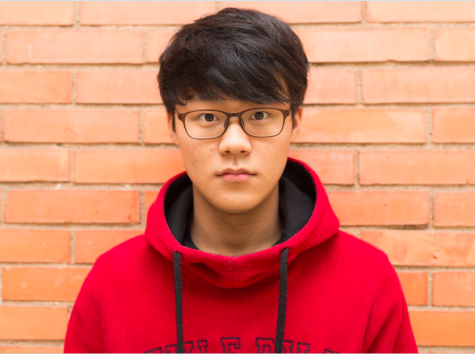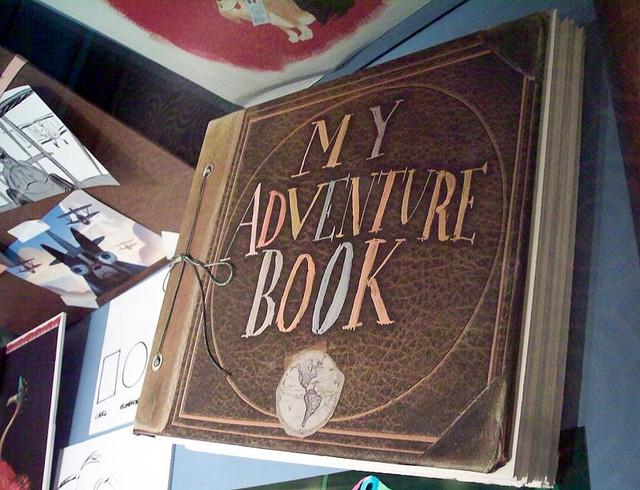You and I in Wonderland?
Have you ever dreamed of talking to protagonists from famous books, like Harry Potter, Holden Caulfield, or Tom Sawyer? That dream is quite close to today’s reality. Some companies have been developing so-called smart books, gamifying the literature to encourage people to read and interact. The British Inkle Studio produced one effort called “80 Days,” an iPad adaptation of Jules Verne’s classic voyage. Readers felt as though they were taking part in an adventure of an explorer Phileas Fogg, creating their own stories with thousands of choices and changes.
Inkle’s Creative Director Jon Ingold explains, “The heart of the concept is that we put player choice into books.” Inkle Studio has already invented an app called “Frankenstein” in which users participate in the protagonist’s postmortem so that they can create their own narrative order. The studio has also produced many interactive materials such as classic poetry for Penguin and free writing digital writing tools for readers.
Ingold emphasizes that Inkle is only borrowing the atmosphere and characters from the literature. With this interaction, readers can reach new conclusions which the original novel could not reach, bypassing the often predictable results of traditional novel-reading.
However, the publishing industry dislikes this new form of storytelling as the sales of physical books are declining all over the world. As a result, the Literary Platform from Britain mediates between publishers, developers, and authors so that they can cooperate with one another for developing new technologies in literature. The founder Sophie Rochestor says, “We hope that writers will take an active part in these new creative processes.” She insists that writers should be given options in this digital era.
This interaction has allowed readers to access the literature more easily. Faber & Faber, for example, made an interactive version of T.S. Eliot’s famously difficult poem The Wasteland for iPad. Random House’s Black Crown Project provides users with a large amount of choices and experiences with profound ideas for sharing.
Enhanced literature has already succeeded in education as it encourages students to study with more accessible materials and teachers to observe how students are learning. However, some recent studies suggest that the reading quality is insufficient in enhanced literature. Professor Jordan Schugar from West Chester University maintains, “We find children read broadly rather than deeply if the features don’t relate to the text well.”
Source: cnn.com

Next year, The Talon loses a tremendously important News Reporter, as Matthew Kim is a senior and finishes high school in May. The Talon knows Matthew...











